CURRENCY
BUSINESS OPPORTUNITIES IN INDIA
INDIA


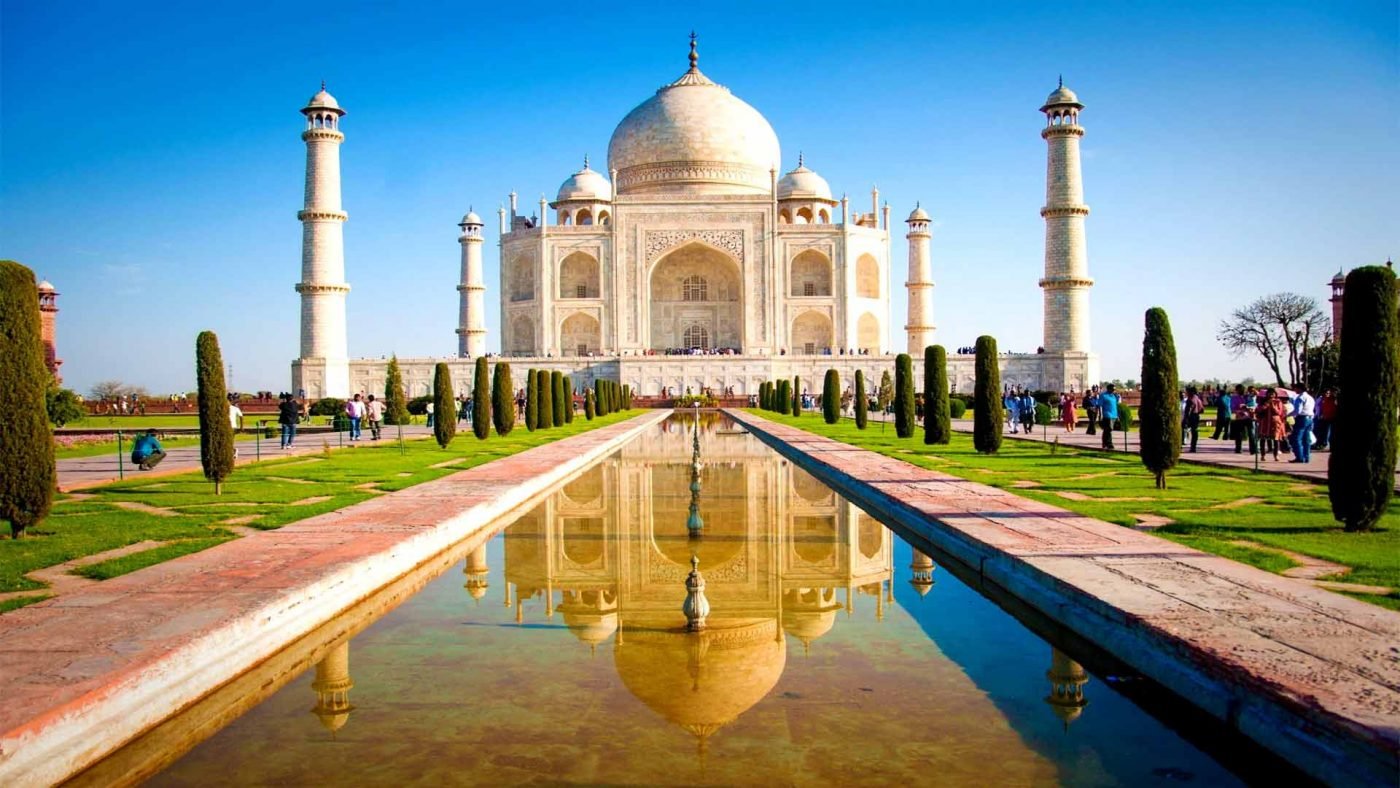
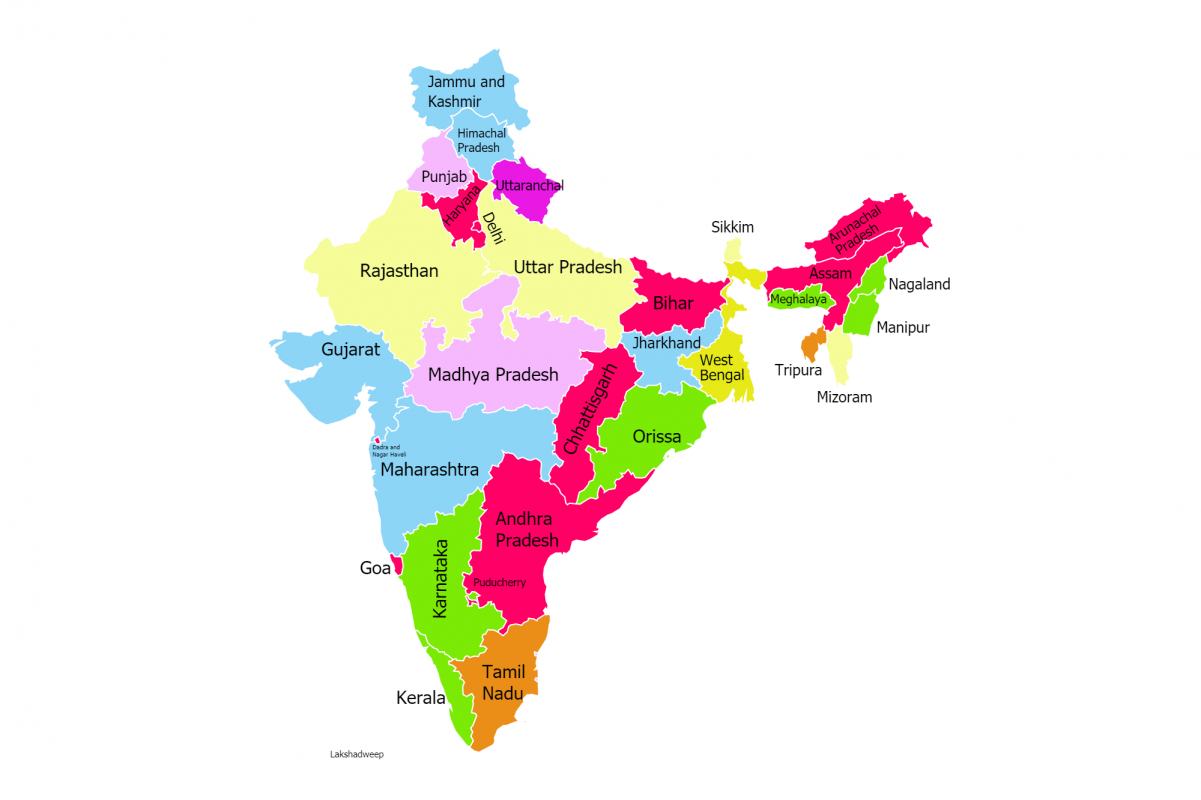
FLAG

INDIA
CAPITAL CITY
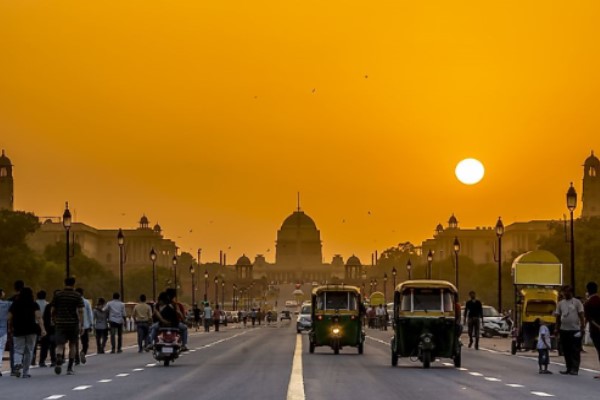
NEW DELHI
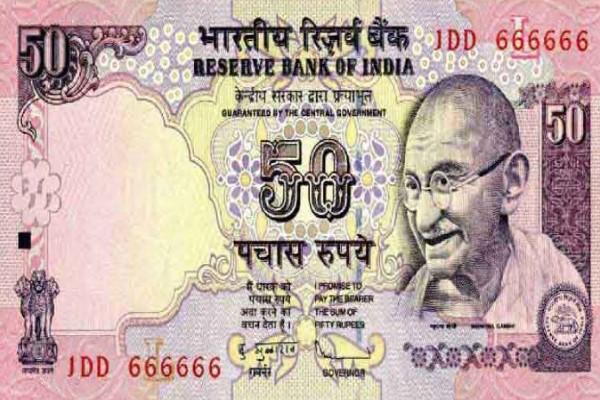
INDIAN RUPEE
Language

Population

139.48 MILLION
Country
Calling Code

+91
LOCATION:
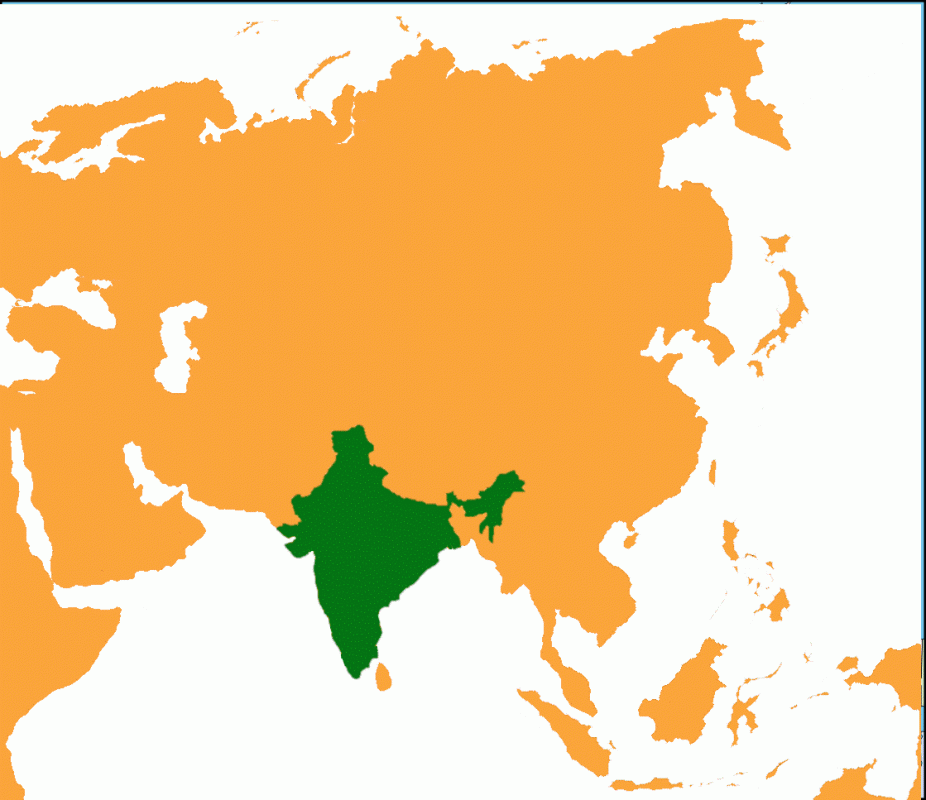
SOUTH ASIA
BORDER COUNTRIES:
AFGHANISTAN
PAKISTAN
CHINA
BHUTAN
NEPAL
MYANMAR
BANGLADESH
SRI LANKA
MALDIVES
THE  MONEY SHOW SEASON 2.0
MONEY SHOW SEASON 2.0
Mining and Infrastructure Business in Algeria
Facebook live 7.00 Pm Today.
Join Millionaire Program and change everything in life and Business..
Call/ WhatsApp +91- 8094607111.
GDP= $3,049.70 billion
GDP Growth= 6.7%
Ease of doing business rank= 63
GDP per Capita= $1,900
MOST RECENT VIDEOS
SIGN UP TODAY
Get our exclusive content and offers in your inbox








